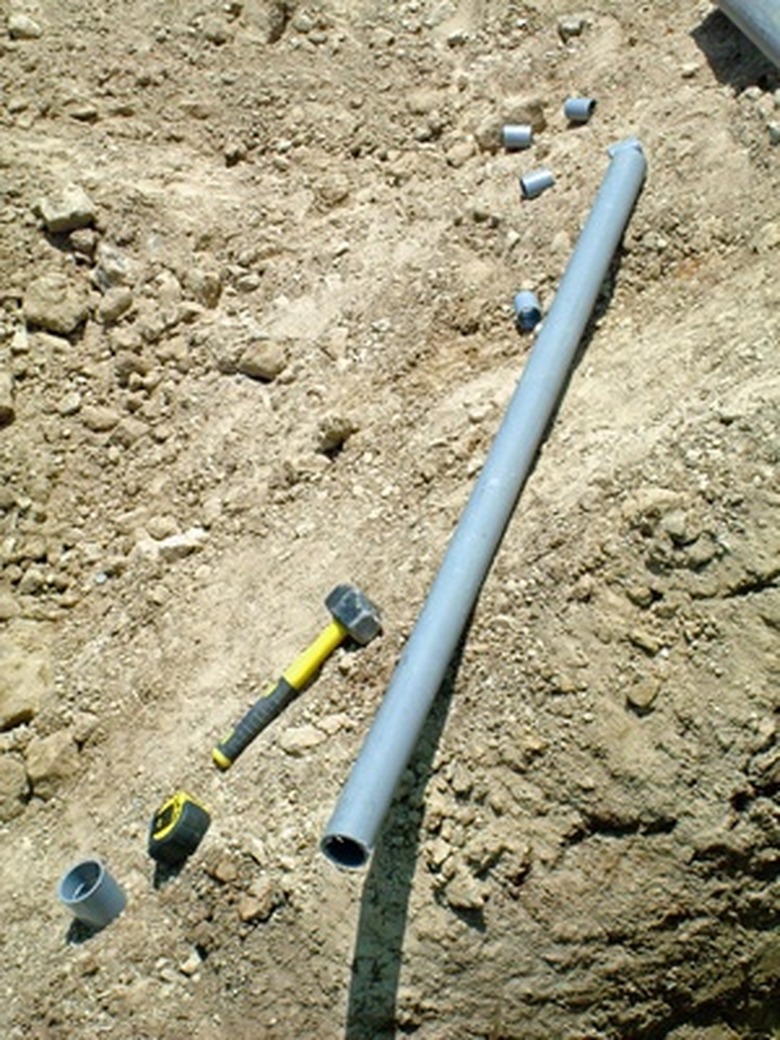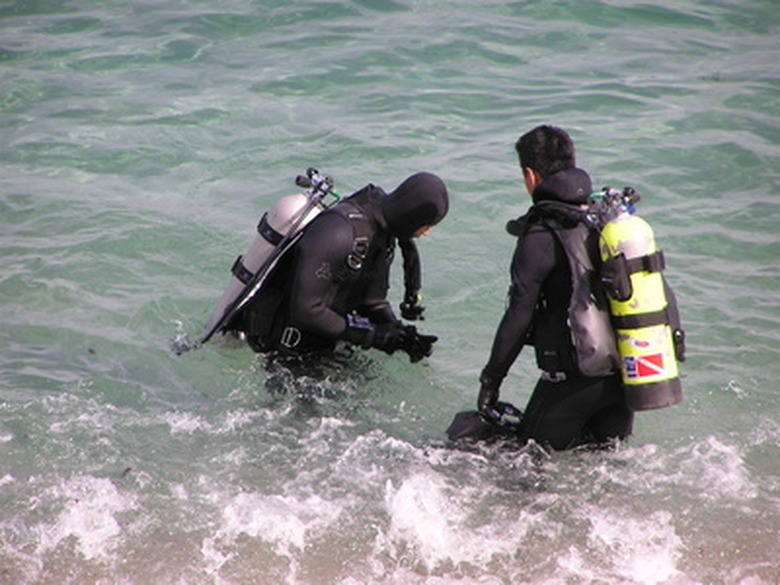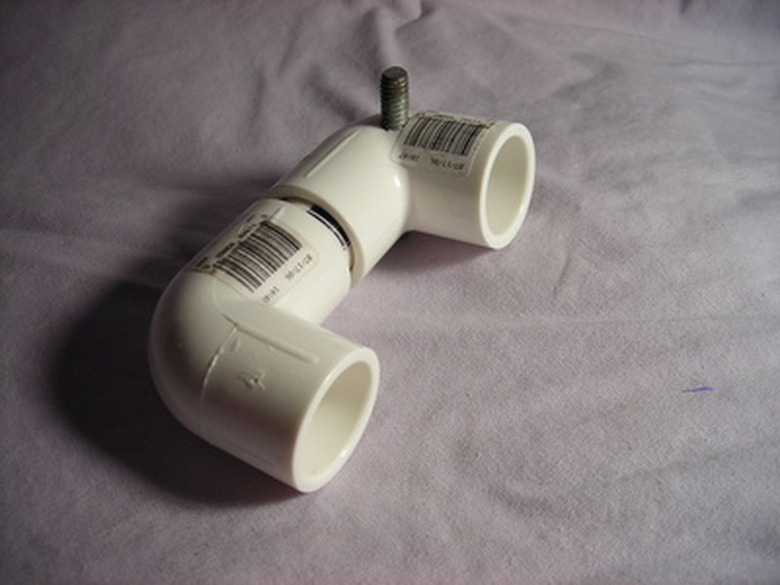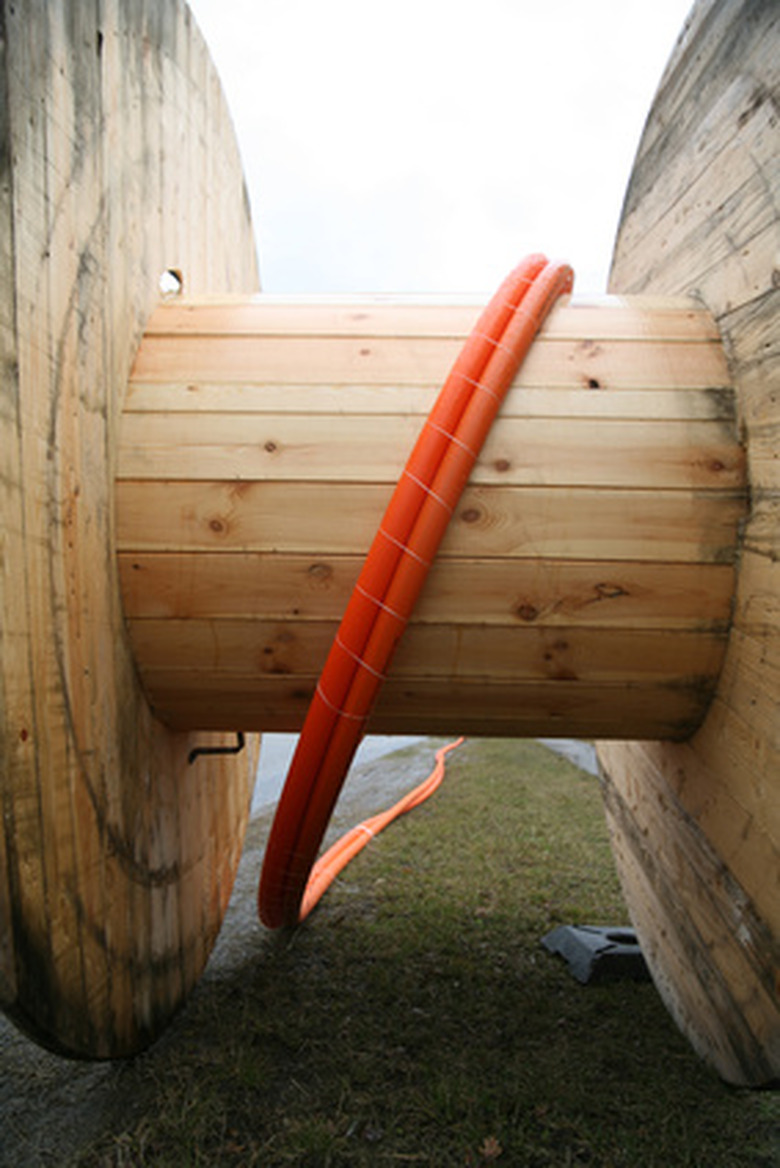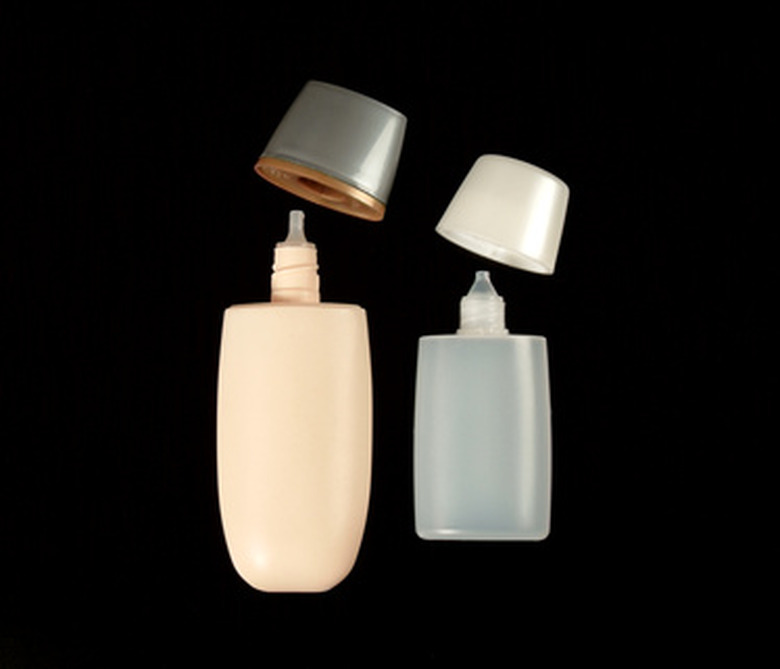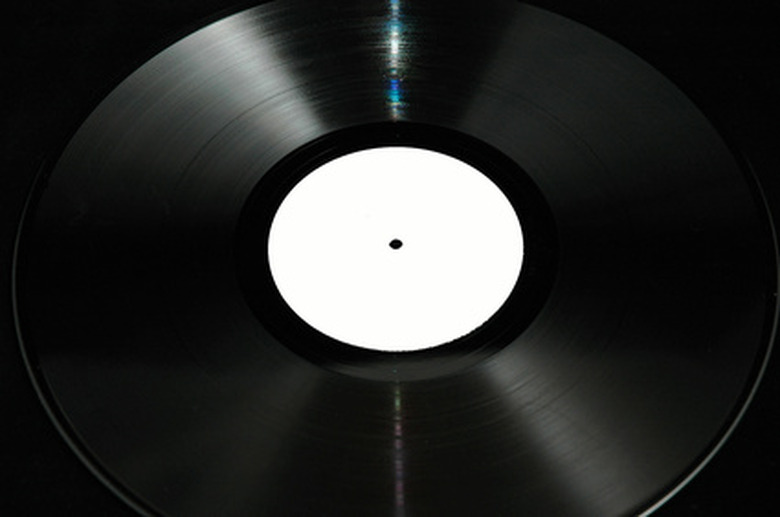Uses Of PVC Plastic
PVC, or polyvinyl chloride, is a type of plastic used in numerous industries. It is durable, inexpensive and resistant to heat, water and chemicals. Additives such as lubricants, heat stabilizers, plasticizers, impact modifiers, fillers, biocides, smoke suppressors and UV stabilizers enhance its durability and make it suitable for a variety of construction applications.
Clothing
Clothing
PVC plastic is manipulated to create a leather-like material called rexine. This type of imitation leather is used to make jackets, shoes, pants and upholstery. PVC clothing is cheaper than latex, leather and rubber, and is widely available. PVC fabric is waterproof, resistant to chemicals, long-lasting and flexible, and has a natural sheen to it–allowing designers to create new and innovative styles at highly affordable prices.
Pipes
Pipes
According to "PVC Pipe & Fittings: Underground Solutions for Water and Sewer Systems in North America," approximately half of all PVC plastic is used in the manufacture of pipes, which are employed in industrial and municipal applications. PVC pipes are strong, lightweight and low-reactive, making them well-suited in sanitary, underground-wiring and water-distribution applications. PVC water pipes do not wear, rot or rust, and are a dependable and affordable material for potable-water piping. There are different types of PVC pipes, including Schedule 40, Schedule 80, Schedule 120, CPVC (chlorinated polyvinyl chloride) and Gray Schedule 40.
Electrical Wires
Electrical Wires
PVC plastic is commonly used to form the insulating material on electrical wires. It is affordable and resistant to heat, and it offers excellent abrasion and solder resistance. A PVC conductor jacket insulates electrical wires and offers additional protection to unshielded cables. PVC is fire retardant, chemical- and oil-resistant, mechanically stable, impact resistant, elastic and, because of its biocides, prevents the growth of microbials (harmful, disease-causing pathogens). Single-core flexible wires are copper conductors that are coated with a thin jacket of insulating PVC plastic. PVC is also used as a coating for tinned copper, bare copper, aluminum and fiber-optic wires.
Bottles
Bottles
PVC plastic is used to manufacture bottles that have applications in a wide range of industries. PVC is strongly resistant to harmful organic solids, strong bases and strong acids. Bottles made from PVC are an excellent choice for vinegar, mineral oil, shampoo, salad dressing and cosmetics, all because of their resistance to chemicals, heat, oil and grease.
Other Uses
Other Uses
Other uses of PVC include medical tubing, vinyl fencing, railing and decking, PVC window frames, meat/deli wrap, shrink wrap, flexible packaging, blood bags, resilient flooring, vinyl paneling, phonograph records, carpet backing, traffic cones, garden hoses and vinyl gutters.
Cite This Article
MLA
, Natasha Gilani. "Uses Of PVC Plastic" sciencing.com, https://www.sciencing.com/uses-pvc-plastic-6292581/. 24 April 2017.
APA
, Natasha Gilani. (2017, April 24). Uses Of PVC Plastic. sciencing.com. Retrieved from https://www.sciencing.com/uses-pvc-plastic-6292581/
Chicago
, Natasha Gilani. Uses Of PVC Plastic last modified March 24, 2022. https://www.sciencing.com/uses-pvc-plastic-6292581/
